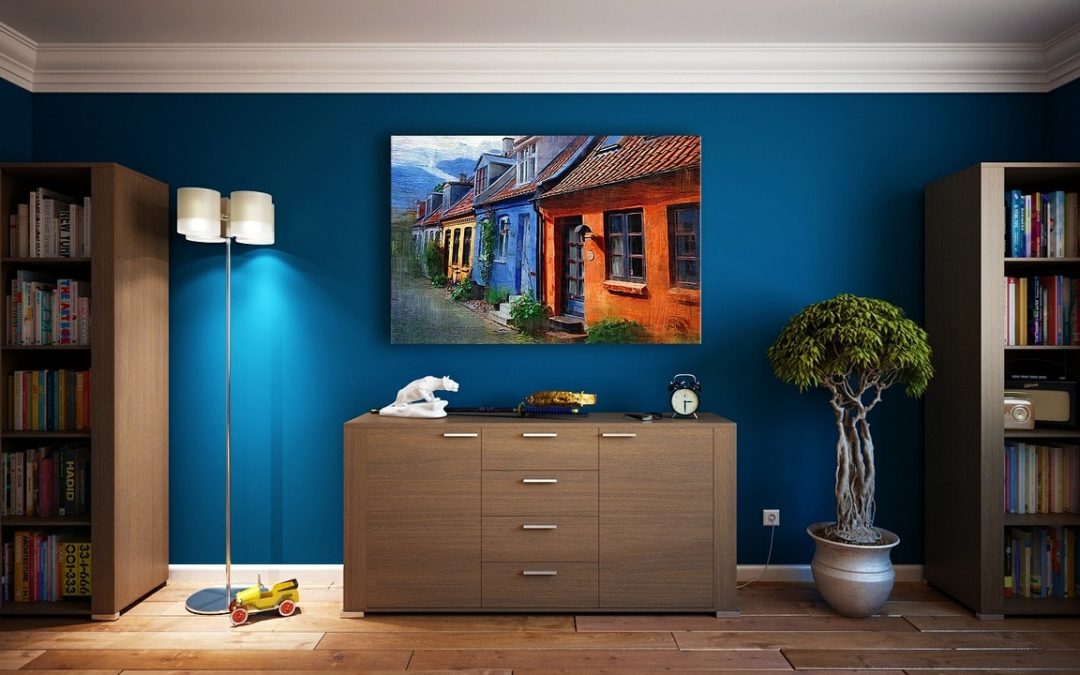Modern life is framed in such a way that most of our energies are focused outward at the world. This often makes us take the more intimate aspects of living for granted. One of the things to consider that definitely contributes to the quality of life is how your living space affects your happiness. This is something that we often disregard, even though we intuit that it could be important. Sometimes, paying attention to such a thing as interior design can even seem like a luxury. However, there are simple hacks that won’t break the bank that will improve how your home affects your mental health and mood.
De-clutter

One of the basic strategies that can instantly improve how you feel inside your home is to de-clutter. Getting rid of things you absolutely don’t need and finding a particular place for all of the items you decide to keep is a great step towards feeling more serene inside your own home. Certain studies have found that living in cluttered spaces makes our bodies produce more of the stress hormone cortisol. You can surely relate to the feeling of lightness and clarity once you’ve carefully but ruthlessly cleared out your desk at work or your wardrobe at home. Granted, this can be time-consuming and often tedious. Try to power through by thinking how great you’re going to feel at the end of it.
Shop less

Once you’ve cleared out your home of unnecessary items, keep that same minimalistic frame of mind when it comes to shopping. This doesn’t have to mean that you will actually buy less. Simply try to be mindful of the things you purchase. Try to consider it in the context of your other things and your home. This approach will help you keep your home streamlined.
Lighting

The importance of good lighting cannot be understated. Just think of the first even a slightly sunny day on the tail end of winter and how good it makes you feel. The bond between the feelings of happiness and vitamin D activated by the sun’s UVB rays has long been established. Lots of natural light is key to the feeling of contentment when you spend time at home. Lighting, in general, is one of the key ways your home affects your mental health and mood. Bright and intense lighting is likely to intensify your emotions, both positive and negative. If you’re having trouble introducing a lot of natural light into your home, opt for lighting fixtures that mimic it.
Colors

Throughout history, people have treated color as something with intrinsic meaning but also something that can have a powerful impact on those who look at it. Maybe you have heard that, for example, orange is a very motivating color or that blue contains calming properties. There are entire color theories around this. Whether you find them relatable or not, you can still consider how certain colors impact you personally. Colors are possibly the best example of how your living space affects your happiness in the best way.
Some general pointers would be to use more subdued hues in the rooms where you want to foster a feeling of relaxation, such as your bedroom and bathroom. Choosing the right color as well as lighting can help you improve your sleep quality






i have to write a essay about how your living space impacts your identity, mental health and emotions. and as always im starting way to late and having a mental break down in the moment. ;-(. this article saved me a little. awesome explained snd really pleasant to read.<3